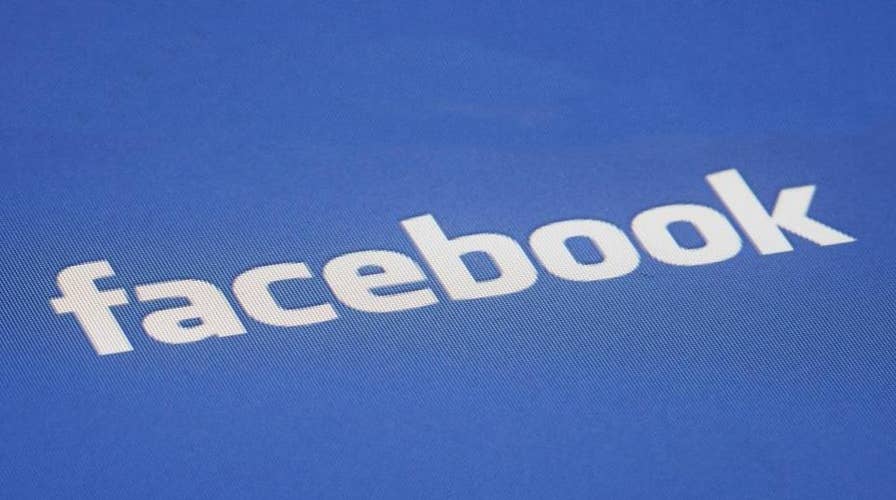Facebook admits 14 million users impacted by software bug
Facebook says software problem caused some users' private posts to become public.
Facebook released more than 500 pages of answers to U.S. lawmakers’ questions amid continuing fallout from its handling of the recent data breach and other issues plaguing the tech giant. Though its responses can rightly be described as voluminous, the social network still evaded answering certain questions and provided vague answers to others.
In recent months, CEO Mark Zuckerberg has faced withering scrutiny from regulators on both sides of the Atlantic. During his 10 hours of testimony in April before two Senate committees, he frequently sidestepped questions and said he would get back to lawmakers with detailed answers.
Sen. Kamala Harris (D.-Calif.) asked Zuckerberg about questions she had from a previous hearing on election integrity and Russian meddling in the 2016 presidential election.
FACEBOOK SLAMMED AHEAD OF SHERYL SANDBERG'S MIT COMMENCEMENT ADDRESS
When asked by Harris how much revenue Facebook has earned from fake news, foreign propaganda and so-called hyper-partisan content, the company responded that such revenue is “immaterial.”
Zuckerberg’s firm also said it does not have a definition of what is hyper-partisan because to define that would be “difficult and controversial.”
In response to a question from Sen. John Thune (R.-SD) about when Zuckerberg became aware of the fact that Cambridge Analytica may have held onto Facebook data much longer than previously known, the company said he didn’t become aware of the problem until “March of 2018, when these issues were raised in the media.”
The company also seemed to dodge questions from Republican Sen. Ted Cruz of Texas, who repeatedly asked whether Facebook discriminates against users—how their content is shown or policed and so forth—based on political views.
AMAZON, APPLE SHOULD AVOID NORTH CAROLINA OVER 'RACIST' VOTER ID PLAN, ADVOCATE GROUP SAYS
“Discussing controversial topics or espousing a debated point of view is not at odds with our Community Standards, the policies that outline what is and isn’t allowed on Facebook. We believe that such discussion is important in helping bridge division and promote greater understanding,” the company said. “We are committed to designing our products to give all people a voice and foster the free flow of ideas and culture.”
However, Facebook also noted that it anything crosses the line into “hate speech,” it will be removed from the platform.
The tech giant's woes are ongoing.
Recently, Facebook acknowledged that 14 million of its users may have been impacted by a glitch that set all their new posts to be public, even if users had indicated that they wanted their updates to be private.
Last week, Freedom from Facebook, placed an ad in the commencement edition of The Tech, MIT’s student newspaper, slamming the social network, just before Facebook Chief Operating Officer Sheryl Sandberg was set to give a commencement address.

